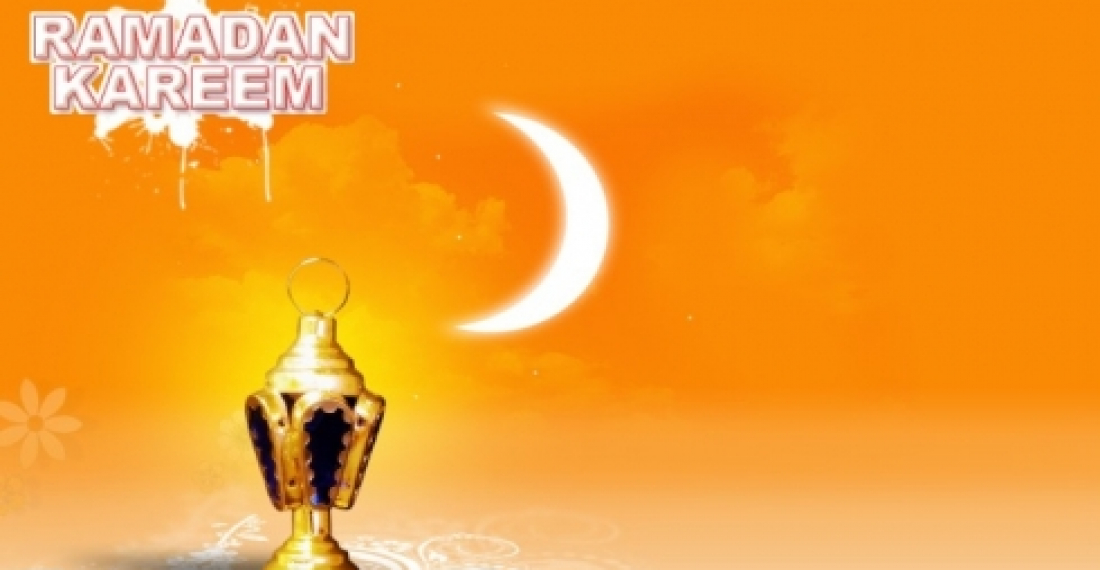We are half way through the Muslim Holy month of Ramadan when Muslims around the world fast and reflect. Muslims constitue a large part of the population of the Caucasus region. In Azerbaijan the people, especially in the south of the country, are Shia Muslims, whilst in the north they are predeominantly Sunni. Increasingly in Baku middle class Azerbaijanis are Sunni. There are large Muslim communities in Georgia, in the Azerbaijani populated regions of Gardabani and Marneuli, and in parts of Adjara. Islam is also predominant in the North Caucasus where it plays an increasingly important part in the life of the people, especially in Daghestan Chechnya and Ingushetia. There are Muslim communities in Abkhazia and Ossetia too.
Islam was managed and marginalised during the Soviet control of the Caucasus, but it remained a part of the culture of the people and the region, and since the collapse of the USSR it has re-emerged in many forms. On the whole Caucasian Muslims are moderate in their approach to religion, but external influences from Iran and Saudi Arabia have also introduced more radical ideas, and their have been incidences of religious violence in Azerbaijan and particularly in the North Caucasus where an Islamist inspired insurgency has been challenging Russian control of the region for the last decade.
Azerbaijan prides itself as being a secular and religiously tolerant country. However Azerbaijan is the only Caucasus country to join the Organisation of the Islamic Conference (OIC). a political grouping of Muslim countries. President Aliev marked this year's Ramadan in the last days, meeting the Heads of the Diplomatic Missions of Muslim countries accredited to Baku to convey Ramadan greetings, and attending an "Iftar" breakfast as guest of the Head of the Islamic establishment Sheikh Allahshukur Pashazade.
In Armenia there are hardly any Muslims, but Armenians are used to the Ramadan rituals due to the large Armenian communities living in Iran, Syria, Lebanon and other parts of the Middle East where they are very well integrated within society.
Iran and Turkey are two Muslim giants which flank the Caucasus region to the South and East.
It is now no longer possible to understand the Caucasus without taking into account the Islamic factor. In history, the region has been both at the frontline of religious war, and also an example of religious tolerance. The old city area of Tbilisi, with its Orthodox Cathedral, Armenian Apostolic Church, Islamic Mosque and Jewish Synagogue is a living expression that religions have co-existed in the region for many centuries. This spirit of peaceful co-existance is an important part of the fabric of the Caucasus. This spirit needs to be maintained for the future and extended to other asspects of life, for the future of the Caucasus can only be built on the basis of tolerance and mutual respect.
"Ramadan Kareem" to all Caucasian Muslims.
prepared by the editorial team of commonspace.eu







